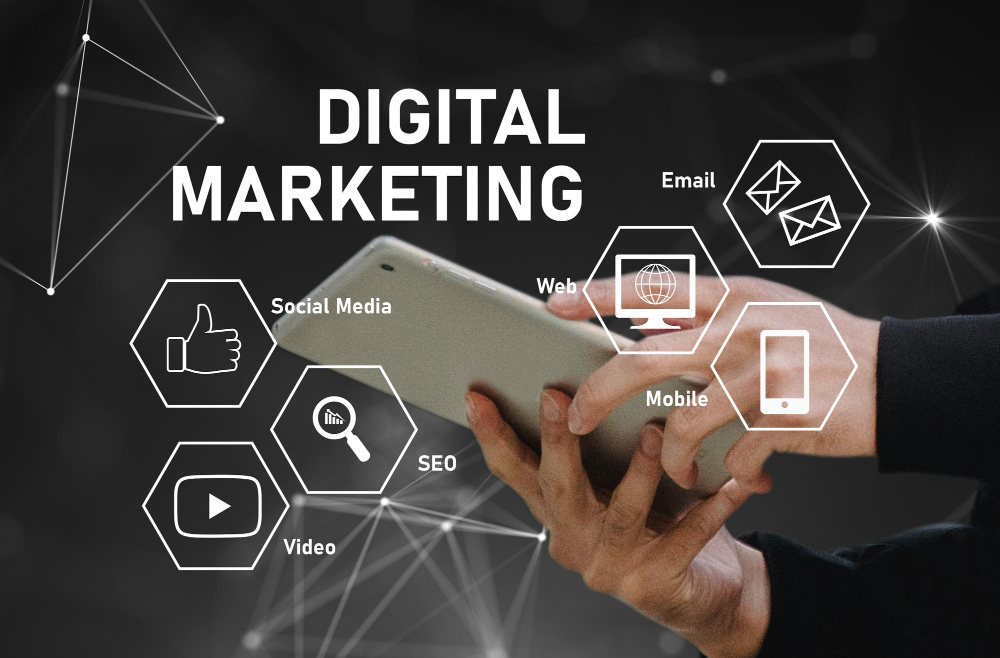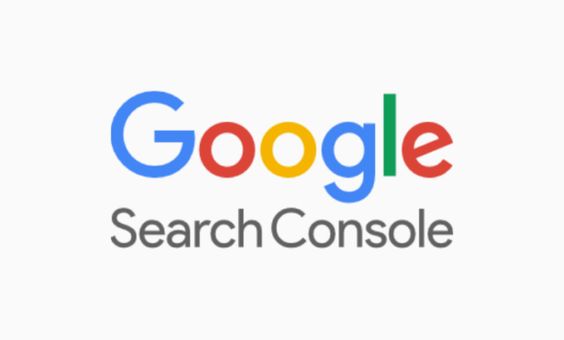Digital Marketing: The Complete Guide
Any form of marketing that can be measured throughout the consumer journey by marketing experts and that employs electronic devices to provide promotional messaging. In actuality, marketing campaigns that display on a computer, phone, tablet, or other device are commonly referred to as digital marketing. It can appear in a variety of ways, such as social media postings, display adverts, online videos, search engine marketing, and sponsored social media ads. Digital marketing is sometimes contrasted with “traditional marketing” methods like direct mail, billboards, and magazine ads. Oddly, traditional marketing is typically associated with television.
It may surprise you to learn that over 75% of Americans use the internet every day. Furthermore, 26% of respondents use the internet “almost constantly,” and 43% log on more than once a day.
When looking at mobile internet users, these numbers are considerably greater. Of all Americans, 89% use the internet at least once a day, and 31% use it nearly nonstop. It’s crucial for marketers to make the most of the digital era by developing a brand, offering excellent customer service that attracts more potential clients, and more, all while utilizing a digital strategy and an online advertising presence.
With a digital marketing strategy, you can interact with current clients and those who are interested in your goods or services by utilizing various digital channels including social media, pay-per-click, search engine optimization, and email marketing. You may then develop a brand, offer excellent customer service, attract new clients, and more.
What is Digital Marketing?
The promotion of companies to interact with potential consumers online and through other digital media is known as online, or digital, marketing. This covers text and multimedia messaging as well as social media, web-based, email, and other marketing channels.
Any marketing campaign that makes advantage of digital communication is, at its core, digital marketing.
What makes Digital Marketing so crucial?
Any kind of marketing can support the growth of your company. But because digital platforms are so easily available, digital marketing has grown in significance. As a matter of fact, there were 5 billion internet users worldwide in April 2022.
There are numerous ways to leverage digital marketing strategies to connect with your target audience, including text messaging and social networking. Furthermore, digital marketing is an affordable marketing strategy for small firms due to its low upfront costs.
Why Digital Marketing benefits us?
The fact that digital marketing can reach such a huge audience has contributed to its rise in popularity. But it also provides a host of other benefits that can strengthen your marketing campaign. These are just a handful of the advantages of internet marketing.
A broad geographic area
If you haven’t set a geographical restriction on your advertisement, everyone can view it when you post it online. This makes it simple to expand the market reach of your company and establish connections with more people through various digital platforms.
Economy of cost
In addition to being more affordable than traditional marketing, digital marketing also reaches a larger audience. Television commercials, newspaper ads, and other traditional marketing possibilities often have significant overhead expenditures. Additionally, they provide you less control over whether or not the communications intended for your target audiences get seen at all.
As long as your blog is live, you can use digital marketing to develop just one piece of content that drives traffic to it. A scheduled email marketing campaign that targets specific consumer lists may be easily created, and if the schedule or content has to be changed, it’s simple to do so.
All things considered, digital marketing offers you far greater flexibility and client interaction for your advertising investment.
Quantifiable outcomes
You must ascertain the number of consumers your marketing approach draws in addition to the total amount of income it generates in order to determine its effectiveness. However, how can one achieve it using a non-digital marketing approach?
The conventional approach of inquiring about each customer’s method of finding us is still available.
Unfortunately, not all industries can benefit from that. Numerous businesses are unable to speak with clients one-on-one, and surveys frequently yield incomplete results.
It is easy to track results while using digital marketing. The quantity of intended conversions—email open rates, home page visits, or direct sales—that you receive is automatically monitored by digital marketing platforms and tools.
Makes customization easier
In a manner not possible with physical marketing, digital marketing enables you to compile consumer information. Digitally gathered data typically has far greater specificity and precision.
Let’s say you are a financial services provider and would like to provide exclusive offers to online shoppers who have viewed your offerings. You decide to prepare two campaigns since you know that tailoring the offer to the person’s interest will yield better results. One is for millennial entrepreneurs who have looked at your retirement plans, while the other is for young families who have looked at your life insurance products.
Without the use of automated tracking, how do you get all that data? How many phone logs would you need to review? The number of client profiles? Furthermore, how can you tell who has and hasn’t read the booklet you distributed?
You already have access to all of this information with digital marketing.
Increased interaction with clients
Real-time communication with your customers is made possible by digital marketing. Above all, it facilitates communication between them and you.
Consider your social media approach. When members of your target audience view and interact with your most recent post, it’s even more rewarding. Every time someone joins the conversation, it increases visibility and generates more talk about your product or service.
Your consumers gain from interaction as well. The more actively customers participate in the narrative of your brand, the more engaged they are. Strong brand loyalty can be fostered by that sense of ownership.
Simple and practical conversions
After seeing your advertisement or content, your customers can take quick action thanks to digital marketing. The fastest outcome you can hope for with traditional advertising is a call that comes in immediately after someone reads your ad. However, how frequently does someone have the time to contact a business while they’re driving, doing the dishes, or updating documents at work?
With digital marketing, they can advance through the sales funnel immediately by clicking on a link or saving a blog post. Even if they don’t buy right away, they’ll still stay in touch and offer you more opportunities to communicate.
How to create a strategies for Digital Marketing?
It can be challenging for many small businesses and inexperienced digital marketers to get started with digital marketing. However, by starting with the following steps, you can develop a successful digital marketing strategy to raise sales, engagement, and brand exposure.
Make SMART goals
Every marketing plan must include the establishment of SMART goals—specific, measurable, achievable, relevant, and timely. Even if you may have a lot of goals, attempt to concentrate on the ones that will advance your strategy rather than make it stand still.
Determine your target
It’s important to determine your target demographic before launching any marketing effort. The group of people you want your campaign to reach based on shared characteristics, including age, gender, demographics, or shopping habits, is known as your target audience. Having a firm grasp of your target audience can help you decide which digital marketing platforms to use and what material to include in your campaigns.
Assemble a budget
With a budget, you can be sure that your money is being used wisely to achieve your objectives rather than squandering it on digital marketing avenues that might not yield the expected outcomes. When creating your budget, take into account your SMART objectives and the digital medium you intend to use.
Choose the channels for your digital marketing
You can take use of a variety of digital marketing platforms, such as PPC advertising and content marketing. Your goals, audience, and financial constraints will often determine the digital marketing platforms you choose.
Enhance the marketing strategies
After the campaign is over, be sure to review the statistics to see what went well and what needs to be improved. This enables you to develop future campaigns that are even more effective. This data is available on an easy-to-view dashboard thanks to digital technologies and software. You can manage all of your marketing efforts in one place with the aid of Mailchimp’s digital marketing analytics reports.
Digital Marketing generates its growth
Almost any company’s entire marketing plan should have digital marketing as one of its main priorities. Nothing compares to the amount of customization that digital data can offer when it comes to being in constant contact with your customers. You’ll be able to realize the growth potential of your firm to a greater extent the more you embrace the possibilities of digital marketing.




